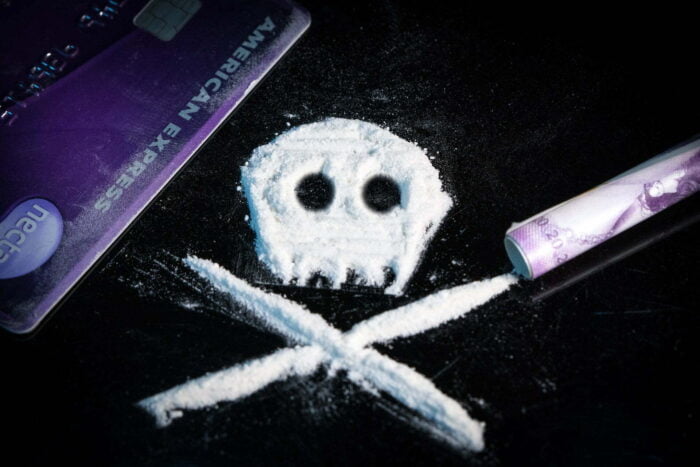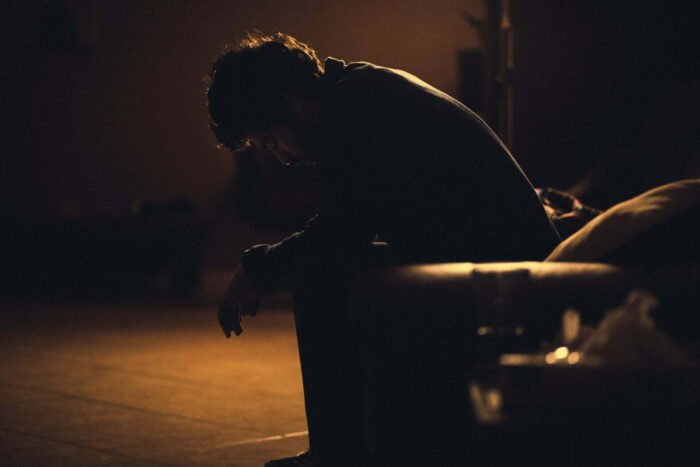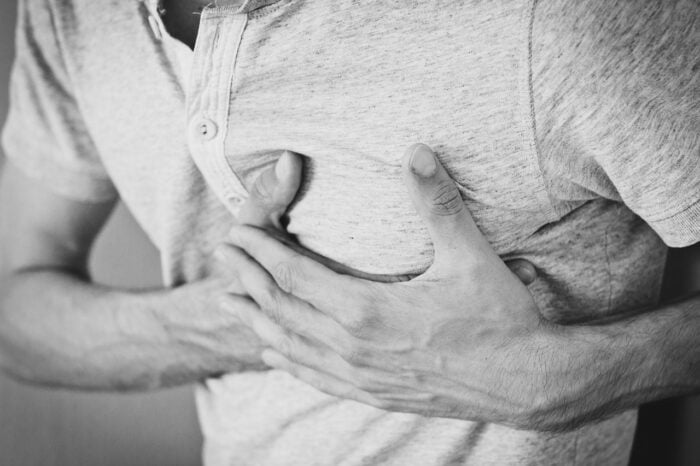- Home
- Drug Rehab
- Cocaine Rehab
- Cocaine Addiction Symptoms & Warning Signs
Cocaine Addiction Symptoms & Warning Signs
Addiction is something that can be very frightening for anyone involved.
It can be hard to recognize if you have an addiction, or if someone you know and care about does.
However, once you know the symptoms it’s easier to spot.
Cocaine Addiction In The UK

Between 2020 and 2021, 19,209 people have been in treatment for a powder cocaine addiction.
There are also 21,308 people in treatment for cocaine and opiates, and 4,545 people in treatment who just use crack cocaine.
Altogether, there are quite a number of people in treatment for cocaine addiction.
Crack Cocaine And Cocaine

Crack cocaine and cocaine are virtually the same substance, with the exception of a few minor additives and the way in which they are ingested.
Due to being either injected or smoked, the effects of crack cocaine are generally felt much faster.
You are therefore more likely to get addicted to crack cocaine.
However, powder cocaine is equally as addictive – the risk factor is just slightly lower.
Why Is Cocaine Addictive?

Anyone can develop an addiction, and there are a number of reasons why someone could.
Some of them can include family issues, trauma, loss of a loved one – even mental illnesses can be responsible for someone developing an addiction.
There is no right answer and it can happen to anyone.
Cocaine in particular creates a temporary “high” for someone by blocking any feel-good chemicals in your brain from leaving.
This means that someone using this drug will feel good for a short time.
If someone has not been able to feel good for quite some time, this short rush can be incredibly powerful and risks the development of an addiction.
Even without having life difficulties or a mental illness, someone can still become addicted to cocaine because of this high.
As such, it’s really important that you get help if you fear that you or a loved one may be developing an addiction.
The Warning Signs Of A Cocaine Addiction

If you are concerned that you or a loved one may have a cocaine addiction, it’s important to look out for these following signs:
- Dangerous/risky behaviour
- Impulsiveness
- Issues with finances
- Intense emotions (extreme euphoria or depression)
- No pleasure in regular activities
- Fidgety/restless
- Needing to take more of the substance to feel the same effects
- Feeling out of control with the substance
- Spending a lot of time thinking about it/how to get more
- Withdrawing from friends/family
How To Tell If Someone Is Using Cocaine

If someone you care about has been exhibiting the above signs, you may wish to look out for more behavioural signs that can indicate if someone is on cocaine.
Cocaine is a stimulant, and as such the person may be more excitable, energetic or sociable than you.
Typically, cocaine is either snorted or injected.
As such, they may have a runny nose or frequent nosebleeds, or they may have marks on their arm, legs, hands, feet and neck.
Someone’s pupils also may be quite dilated and not react to light.
Another sign is that their heart rate might be quite fast, but this is often difficult to monitor at a distance.
Symptoms Of Cocaine Addiction

Cocaine addiction can also cause physical symptoms, even though someone’s behaviour may not indicate an addiction.
It’s important to look out for the physical symptoms that cocaine addiction can come with:
- Insomnia/issues with sleeping
- Fevers
- High blood pressure
- Change in appetite
- Nosebleeds
- Sweating more than usual
Of course, addiction can impact everyone differently, so these are just some of the most common symptoms that are found.
Severe Symptoms Of Long-Term Cocaine Addiction

If you, or someone you care about, has been using cocaine for a long time then it’s probably various health problems will arise.
Cocaine can be responsible for:
- Anosmia (losing sense of smell)
- Problems swallowing
- Heart attacks
- A permanent increase in blood pressure
- Strokes
- Depression
- Anxiety
- Memory issues
- Stomach ulcers
In addition to the above, in 2020 it was recorded that 777 of all drug-related deaths in the UK involved cocaine, a number that has increased by more than 500% in the last decade.
Withdrawal Symptoms

If you have been using cocaine for a long time, it may be difficult to stop or even to make the choice to get help.
However, it’s important to talk with a team of experts where possible, rather than quitting cold turkey.
This is because the withdrawal symptoms can be rather unpleasant.
Whilst it may not result in death like substances such as heroin or alcohol, it’s still important to make sure you’re cared for.
The withdrawal symptoms of long-term cocaine use can include:
- Exhaustion
- Depression
- Anxiety
- Nightmares/disturbing dreams
- Fever/Feeling too cold
- Tremors
- Cramps
- Intense cravings
- Change in appetite
- Repeating suicidal thoughts
It should be noted that these symptoms only last for around 7 to 10 days, as such it’s important that you have the right medical care to make sure that you’re supported.
As the cravings can be the most intense during your initial detoxification, you may be prescribed some medication to help handle it.
The craving stage can also last for quite a while -anywhere between 1 and 10 weeks – which means you should ensure you have the right support around you for this.
Cocaine And Other Substances

It is possible to get addicted to other substances or even behaviours if you’re addicted to cocaine.
Generally, it’s been found that alcohol and cocaine addictions tend to go hand-in-hand and that people are sometimes likely to experience both.
Research has even indicated that the combination of both cocaine and alcohol has a greater addictive tendency, meaning that it’s very difficult to stop.
The cravings for cocaine are one of the most difficult symptoms to manage during your detoxification process.
However, if you have an addiction to alcohol as well, you will need to ensure that you have the correct medical support.
This is because the withdrawal symptoms of alcohol are severe, sometimes resulting in death.
Recognizing Whether You Or A Loved One Needs help

It can be very scary to admit that you or someone that you care about has a problem with addiction.
However, you do not have to go through this process alone.
The first step is recognizing the problem, and from there you can find the right support to help navigate this.
At rehab-recovery, we can help you plan an intervention for a loved one if you fear that they have an addiction.
Alternatively, if you have recognized that you might have a cocaine addiction, please reach out to us to get specialized help today.
What Happens Next?

If you or a loved one has struggled with cocaine addiction and you will need help, you’ve made the right choice in coming to us.
After first reaching out, we will help you with your recovery.
The first stage would be an assessment.
Our experienced staff would want to ensure that you choose the best treatment for your needs.
We have a range of different options, dependent on your needs.

You may choose to have outpatient treatment, residential treatment or even treatment abroad.
There is no right answer for what method your recovery may be and we will discuss with you whatever you feel is best.
Once the initial assessment has been completed, you will undergo a detox.
If you have been addicted to more than just cocaine, we may suggest staying in a private facility or a hospital so that you can be monitored 24/7 and receive the right care.
After the detox, you will stay with a clinic or continue to recieve outpatient treatment for however long you require.
Once treatment has ended, we will help you access a suitable aftercare package or other methods of support to continue to manage your addiction.
Get Help Now

If you have related to any of the above and feel that you or someone you care about needs help, please reach out to us today.
Rehab Recovery is here to give you the advice and support you need to achieve lasting sobriety and build a happier, healthier life.


